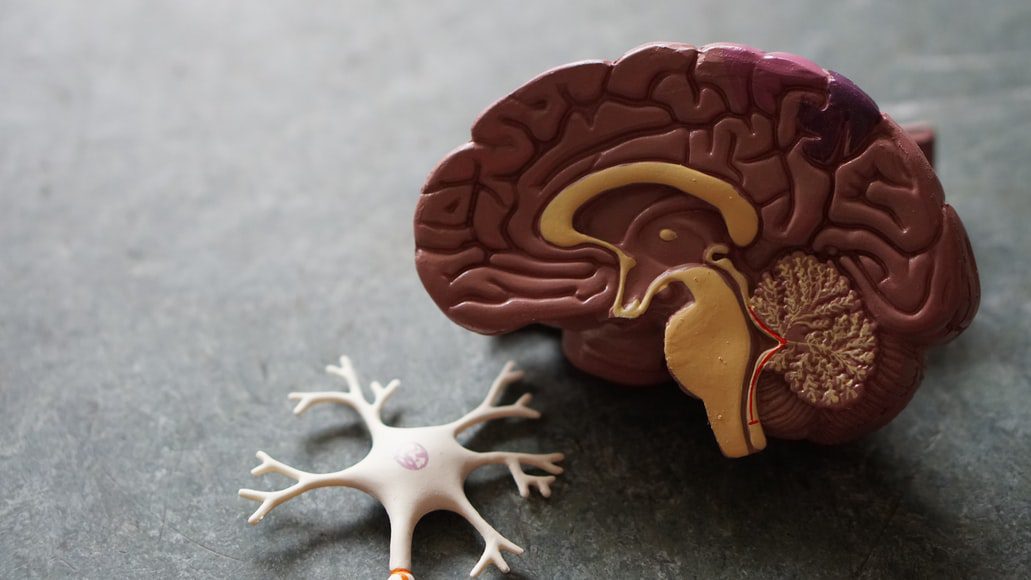The U.S National Institute on Aging defines Alzheimer’s disease as a brain disorder, which affects our memory and thinking skills. People who have Alzheimer’s slowly lose their memory and have trouble carrying out basic tasks.
There are two types of Alzheimer’s disease: the early-onset Alzheimer’s that occurs between a person’s 30s to mid-60s, and the late-onset type, which occurs after a person is 60 years old or older. Many Alzheimer’s patients have language problems, behave unpredictably, and their brain tissue is affected.
Alzheimer’s disease remains a mystery in many aspects
Although the disease was discovered in 1906 by Dr. Alois Alzheimer, there are still many unresolved questions. Some possible causes could be the buildup of amyloids. The latter is toxic plaques that can get into the brain. It is unclear how the disease progresses, and there are not many possible treatments to slow it down or make the process irreversible.
A new study found evidence on how the disease progresses
A new study conducted by researchers from the ASU-Banner Neurodegenerative Research Center (NDRC) and the MIT/ Koch Institute found clues on how the disease progresses. He process through which the brain degrades is called neurodegeneration. Researchers of the study determined that there are two types of cells, glial cells, which could be responsible for the degradation process. The two types of cells are oligodendrocytes and microglia. They concluded that if we understand the changes happening at those glial cell levels, we might better understand Alzheimer’s disease.
Major signs a person has Alzheimer’s disease
According to the CDC, people who have Alzheimer’s suffer from frequent memory problems. The person tends to forget things that happened recently and even important events in their lives. They also forget names and places and struggle to do routine tasks, such as paying the bills. They might have trouble driving, using a smartphone, or even cooking following a recipe.
Some people might have trouble judging the distance between objects and might trip over things or spill liquids. Another common symptom is trouble in finding words during a conversation. Other signs are changes in mood, misplacing objects and withdrawal from social activities. A trip to the doctor is the best way to find out more information.












Leave a Reply